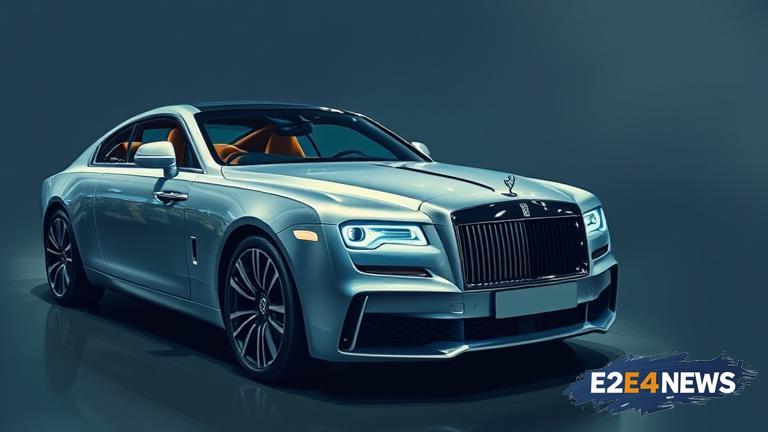The Indian ultra-luxury car market, valued at approximately Rs 2000 crore, has been severely impacted by the uncertainty surrounding the UK-India Free Trade Agreement (FTA) timeline. The FTA, which aims to reduce tariffs and increase trade between the two countries, has been in negotiations since 2021. However, the lack of clarity on the agreement’s timeline has led to a significant decline in sales of ultra-luxury cars in India. Manufacturers such as Rolls-Royce, Bentley, and Aston Martin, which import their vehicles from the UK, are facing significant challenges due to the uncertainty. The high tariffs imposed on imported vehicles have made them less competitive in the market, leading to a decline in sales. The Indian government has been pushing for a reduction in tariffs on imported vehicles, but the UK government has been reluctant to agree. The uncertainty has also led to a decline in consumer confidence, with many potential buyers delaying their purchases until the FTA is finalized. The ultra-luxury car market in India is highly dependent on imports, with over 90% of vehicles being brought in from countries such as the UK, Germany, and Italy. The lack of clarity on the FTA timeline has made it difficult for manufacturers to plan their production and sales strategies. The Indian government has been trying to promote the growth of the domestic automotive industry, but the uncertainty surrounding the FTA has hindered these efforts. The ultra-luxury car market is a significant contributor to the Indian economy, with many high-end manufacturers having a presence in the country. The decline in sales has also had a negative impact on the employment market, with many jobs being affected. The Indian automotive industry is one of the largest in the world, with a significant presence of domestic and international manufacturers. The ultra-luxury car market is a small but significant segment of the industry, with many high-end manufacturers competing for market share. The uncertainty surrounding the FTA has led to a decline in market share for many manufacturers, with some even considering exiting the market. The Indian government has been trying to address the concerns of the automotive industry, but the lack of clarity on the FTA timeline has made it difficult to find a solution. The ultra-luxury car market is expected to continue to decline until the FTA is finalized, with many manufacturers and dealers facing significant challenges. The Indian economy is expected to be impacted by the decline in sales, with the automotive industry being a significant contributor to the country’s GDP. The uncertainty surrounding the FTA has also led to a decline in investment in the automotive industry, with many manufacturers delaying their investment plans. The Indian government needs to address the concerns of the automotive industry and provide clarity on the FTA timeline to boost sales and investment in the sector. The ultra-luxury car market is a significant segment of the Indian automotive industry, and the uncertainty surrounding the FTA has had a negative impact on the market. The decline in sales has also had a negative impact on the employment market, with many jobs being affected. The Indian government needs to take urgent action to address the concerns of the automotive industry and provide clarity on the FTA timeline to boost sales and investment in the sector.





